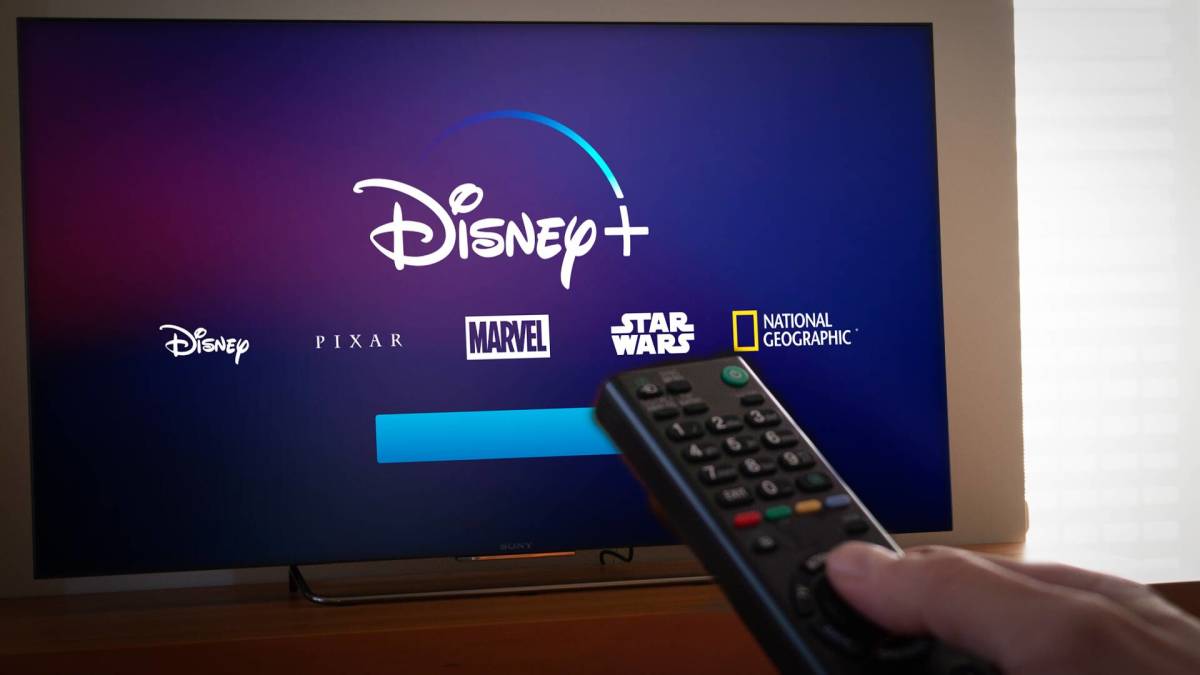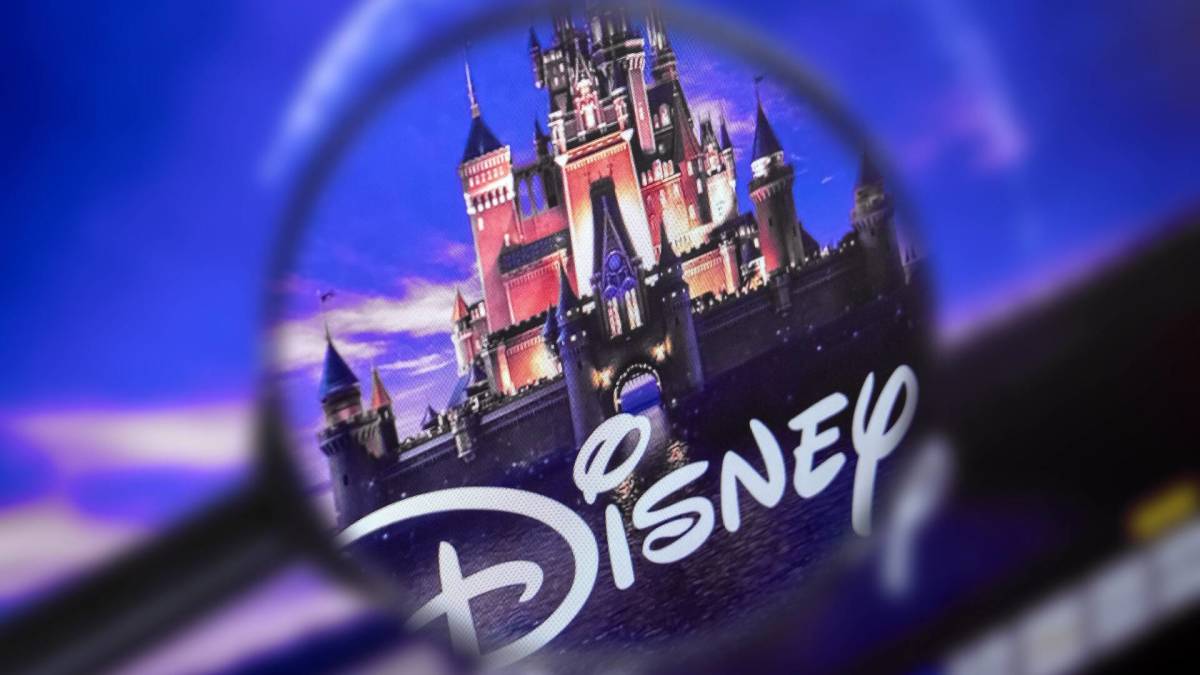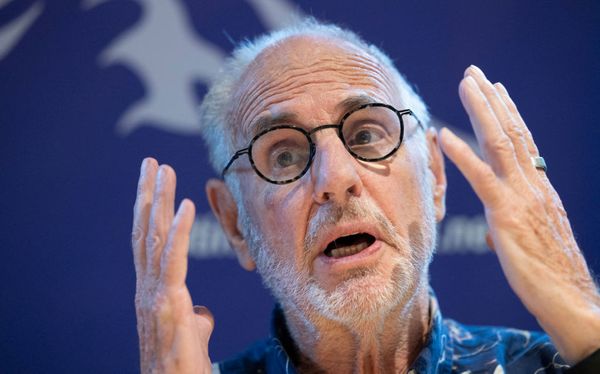
Disney World brands itself as the happiest place on earth, but now the company is being accused of tricking its customers into signing away their right to sue them if any wrongdoing occurs.
If no prevention is taken, soon enough, the world might turn into a “Joan is Awful” Black Mirror episode, in which a streaming service tricks a user into signing away her private information and personal life events to stream a show about her life.
Related: Disney flags startling shift in consumer behavior at theme parks
In early October 2023, Long Island doctor Kanokporn Tangsuan suffered a severe allergic reaction while dining at the Raglan Road Irish Pub, a restaurant located in Disney Springs at Walt Disney World Resorts in Florida.
Nearly 45 minutes after leaving the restaurant, Dr. Tangsuan began having a severe allergic reaction and went into anaphylaxis shock. She collapsed on the floor, and an EpiPen was injected into her. Despite the efforts, she was taken to a nearby hospital, where she was pronounced dead.
Jeffrey Piccolo, Dr. Tangsuan's husband, said his wife's death could have been avoided; his wife had made the serving staff aware of her severe food allergies to dairy and nuts. Piccolo says the waiter assured him and his wife multiple times that the food was allergy-free, yet his wife was still served contaminated food.
In February 2024, Piccolo filed a wrongful death lawsuit in Orange County, Florida against The Walt Disney Company. He is seeking more than $50,000 in damages, which is the minimum dispute amount for circuit courts to hear cases in the state of Florida.
More Disney:
- Disney cast members violate a controversial rule at theme park
- Disney has an unexpected new theme park rival
- Show and Tell: I Added to Disney
After the lawsuit was filed and a Disney lawyer reviewed it, The Walt Disney Company filed a dismissal from the lawsuit on May 31.
One of Disney's reasons for the dismissal request was that when Piccolo had signed up for a Disney+ account in 2019 and purchased Walt Disney World tickets on the Disney website, he had agreed to 'resolve all disputes between us through binding individual arbitration and include a class action waiver and jury trial waiver.'

Section 2: Ticket Binding Arbitration Agreement and Class Action Waiver
In arbitration, also referred to as mediation, all legal disputes between two or more parties must be handled outside of court. An arbitrator, who is an unbiased third party, legally makes the final decision. This process is usually less formal and time-consuming than going through a proper court system, and it also tends to go under the radar of the media since it would be confidential.
Piccolo’s lawyers filed a response against Disney's reasoning for dismissal, stating that he was not aware he had given up his right to sue; even if he had, it would not apply to his wife since he was the one who agreed.
In the previous dismissal request, Disney lawyers also argued that the case against Disney should be dismissed and that the company should be excluded from the lawsuit since the restaurant itself is not owned nor operated by Disney and is not located inside any of the Walt Disney World Parks.
The restaurant is actually within Disney Springs, an outdoor complex owned and operated by The Walt Disney Company that is leased to other companies. This would be considered a landlord-tenant relationship since Disney doesn't personally operate the restaurant for its tenants.

Shutterstock
Is Disney being accused of betraying its loyal customers by imposing legal agreements?
Users who want to subscribe to streaming services must often agree to the terms and conditions set by the company providing said service. Some of these agreements often include clauses that forever bind them into giving up their rights to take legal action against companies.
However, Disney+ is not the only company that has imposed these sneaky agreements on its customers when purchasing a subscription or a free trial. Other popular streaming services like Netflix and Hulu also have similar legally binding agreements.
There is no law that prohibits streaming services from imposing their terms and conditions on users who want to subscribe to them, but that does not mean the company can't ever be sued. If taken to court, the court must interpret the arbitration clause and determine whether the defendant's claim is valid.
Disney waves right to arbitration
The Walt Disney Company replied to our request for comments on Monday, August 19, by confirming the company has decided to waive its right to arbitration and stated the following:
“At Disney, we strive to put humanity above all other considerations. With such unique circumstances as the ones in this case, we believe this situation warrants a sensitive approach to expedite a resolution for the family who have experienced such a painful loss. As such, we’ve decided to waive our right to arbitration and have the matter proceed in court," - Josh D’Amaro, Chairman, Disney Experiences.
The move came after a torrent of social media backlash against the company after reports first came out about its attempt to keep the issue out of court.
Related: Disney+ and Hulu subscriptions are getting more expensive
What about the restaurant?
Although Raglan Road has yet to respond publicly to the lawsuit, the restaurant updated its website's menu with a message for guests with food allergies: "We cannot guarantee that any dish we prepare is free from gluten/allergen or free from cross contact."
Related: Veteran fund manager picks favorite stocks for 2024







